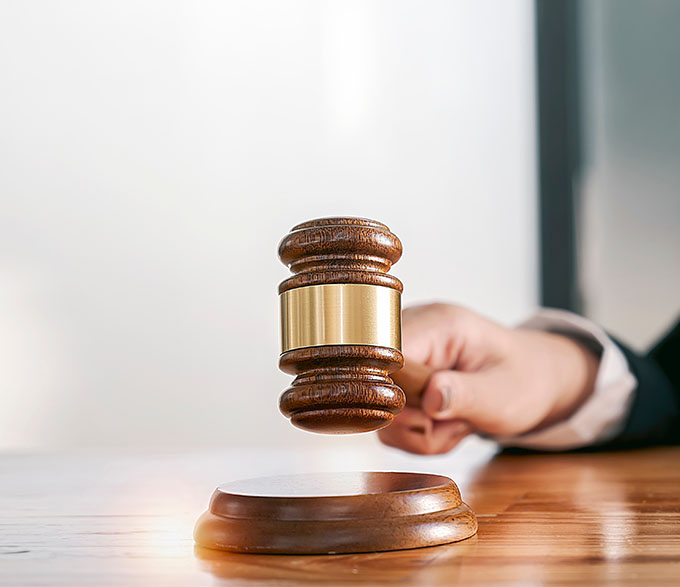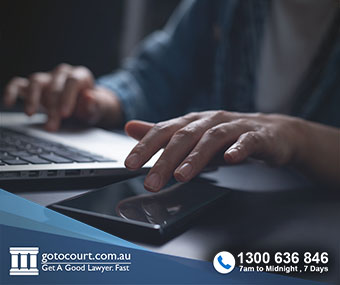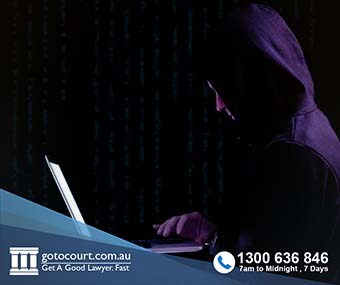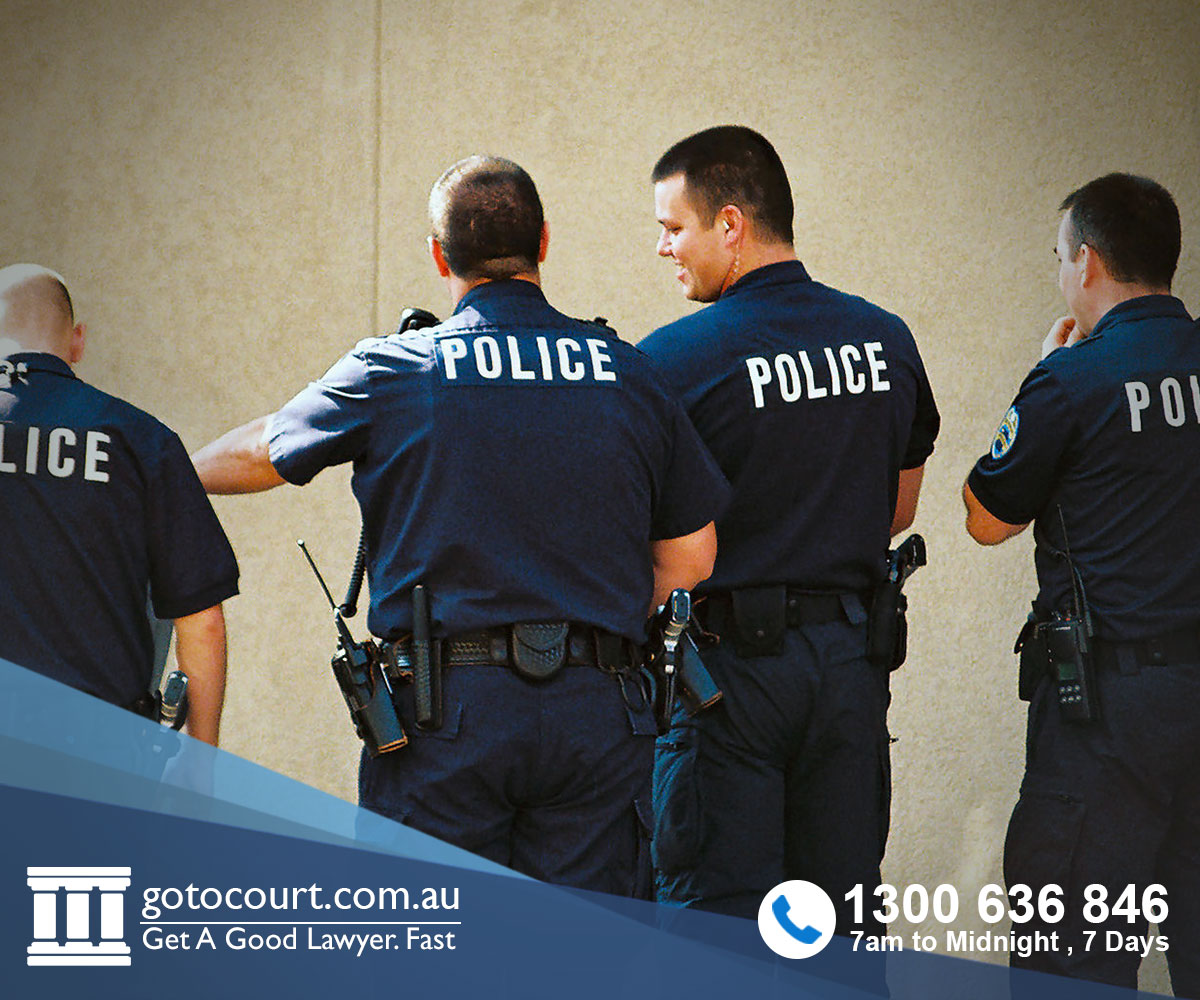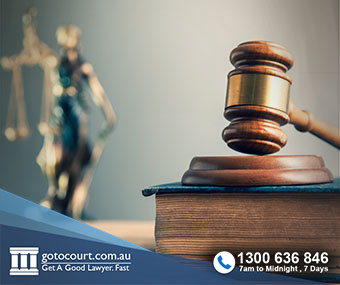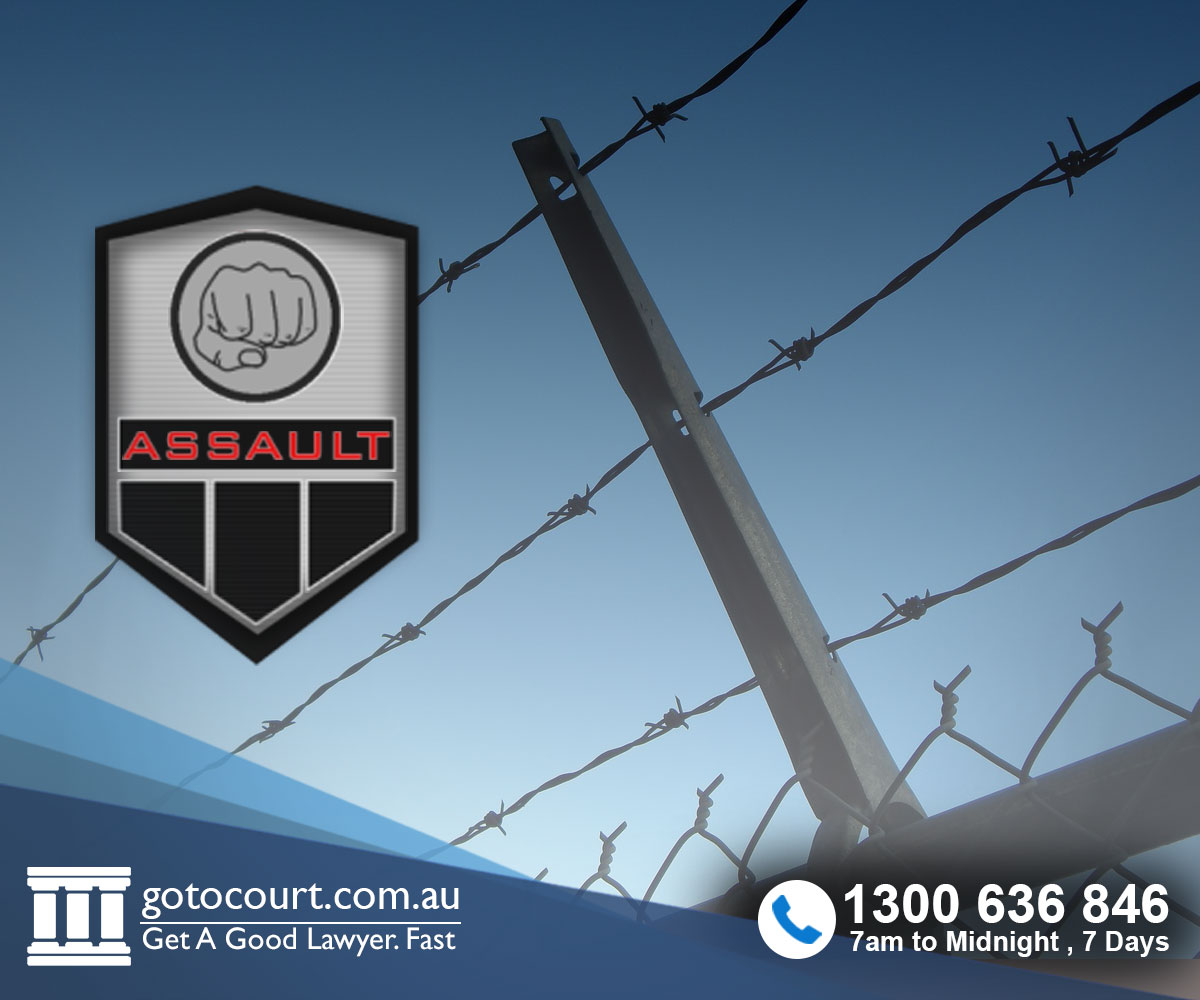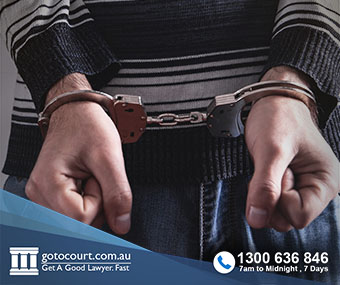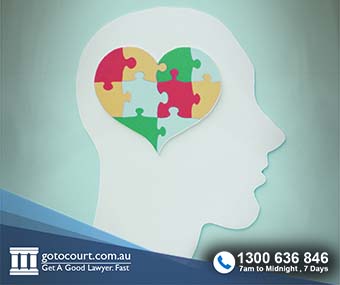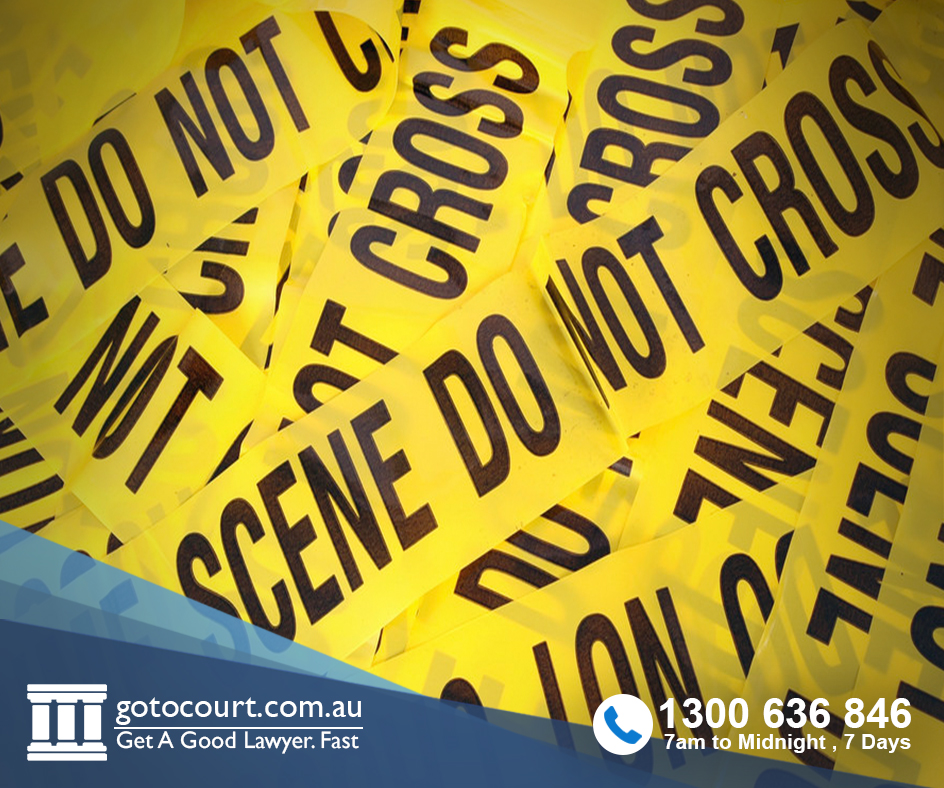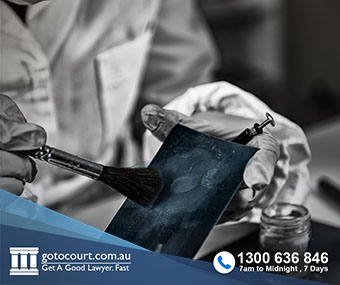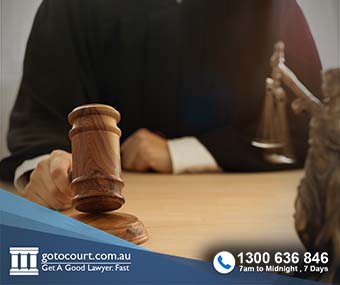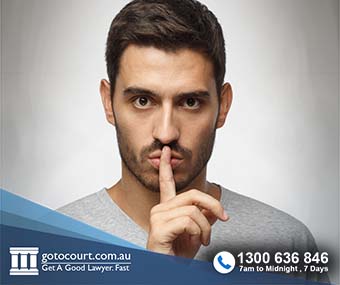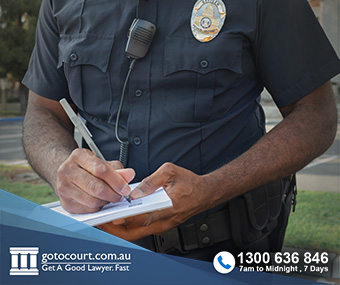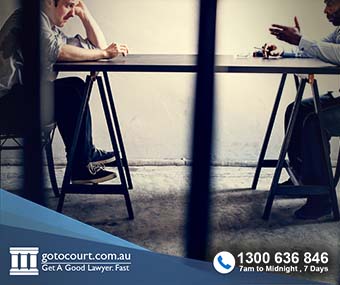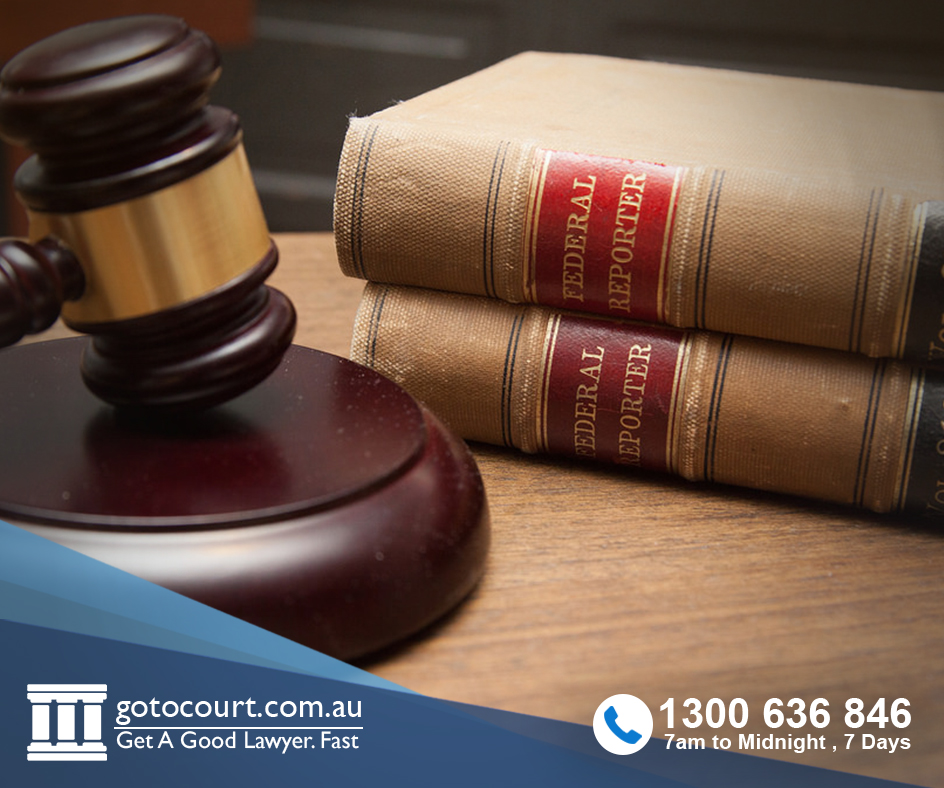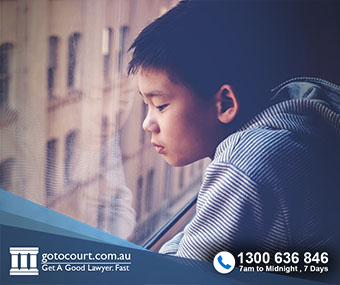Call our lawyers
now
or,
have our lawyers
call you
What Happens During Cross-Examination?
Updated on Nov 08, 2022 • 5 min read • 1143 views • Copy Link
What Happens During Cross-Examination?
Cross-examination in a criminal matter is when the defendant or their lawyer challenges and attempts to undermine the prosecution case by exposing weaknesses in the evidence of prosecution witnesses. The prosecution can also challenge any oral evidence called by the defence by cross-examining defence witnesses. Cross-examination of each witness occurs after the witness has completed their examination-in-chief.
Cross-examination aims to highlight deficiencies in the other party’s evidence, to expose inconsistencies in witnesses’ testimonies and to elicit facts that assist the cross-examining party’s case. There are limits placed on what can be asked during cross-examination by the common law, the uniform Evidence Acts and other legislation. There are also laws restricting self-represented defendants from cross-examining certain types of witnesses. These laws exist to protect the rights of witnesses while allowing criminal defendants to receive a fair trial.
Inadmissible questions
Cross-examination must be conducted in a way that does not elicit evidence that is inadmissible. If a party thinks that a cross-examination question invites inadmissible evidence, they may object to the question and the court may disallow the question or indicate that the cross-examining party may proceed. Occasionally, it may be unclear whether a question should be allowed or not and the court may require submissions by both parties as to why the question should or should not be allowed.
Hearsay
Cross-examination questions which invite inadmissible hearsay evidence from a witness are not allowed. Inadmissible hearsay evidence is evidence of what someone else said, when this evidence is given for the purpose of establishing the truth of the other person’s statement. It is not inadmissible hearsay to give evidence of what someone said, for a purpose other than to establish the truth of the statement.
Relevance
Questions that are not relevant to the proceeding will not be allowed in cross-examination. If a party wishes to pursue a line of cross-examination whose relevance to the proceeding is not immediately obvious, they should be prepared to explain the relevance of the questions to the court and persuade it to allow them.
Opinion
A cross-examination question which asks a witness to provide information or give an opinion which they do not have or are not qualified to give, will not be allowed. For example, if a witness is a layperson, it will not be permissible to ask them to give a medical opinion or an opinion on a matter that is outside of common knowledge. For a witness to be qualified to give such an opinion, they must be an expert with verifiable qualifications and experience in the relevant field.
It is, however, permissible to ask a witness who is a layperson to give an opinion that it within the realm of common knowledge, such as roughly how old a person appeared to be or how fast a vehicle was moving.
Expert evidence
When an expert witness, such as a doctor, has given evidence in chief, they may then be cross-examined about their evidence. This may include questions about their qualifications and experience as well as the methods by which they arrived at their conclusions. If there are other expert opinions which contradict the expert opinion that has been given, these opinions may be put to the expert witness to comment on.
Self-represented defendants
When a person represents themselves in a contested criminal matter, they are personally responsible for cross-examining prosecution witnesses. In such matters, the right of the defendant to a fair trial must be balanced with the need to avoid subjecting victims and other witnesses to further trauma. Every state and territory with the exception of Tasmania has now passed legislation restricting cross-examination by a self-represented defendant in certain types of matters. In Western Australia, the court has the discretion to prohibit personal cross-examination of certain witnesses. In other jurisdictions, personal cross-examination of victims of sexual offences in prohibited entirely and in some jurisdictions this prohibition extends to other types of witnesses.
Improper questioning
Cross-examination questions should not be asked that are:
- Misleading or confusing;
- Harassing, intimidating, humiliating or offensive;
- Belittling, insulting or inappropriate;
- Are based on a stereotype, such as age, gender, race etc
In some jurisdictions, legislation imposes a positive duty on courts to disallow questions of this nature.
How to approach cross-examination
Unlike in examination-in-chief, in cross-examination, leading questions are permitted. It is often suggested that every question asked during cross-examination should be a leading question as effective cross-examination keeps the witness tightly controlled and allows only brief answers. Open-ended questions such as ‘Why did you do that?’ should never be asked in cross-examination as they give witnesses too much freedom to explain their point of view, which may damage the cross-examining party’s case.
If you are representing yourself, ensure that you carefully prepare your cross-examination of each witness. Work out exactly what points you need to get each witness to concede and the best questions to ask to achieve this. Try to think of ways of wording your cross-examination questions that minimize the chance of the other party objecting as it is always better not to have your cross-examination interrupted.
Once you have obtained the concessions you need from a witness, stop. Less is always more when it comes to cross-examination.
If you need legal advice or representation in a criminal matter or any other legal matter please contact Go To Court Lawyers.

Affordable Lawyers
Our Go To Court Lawyers will assist you in all areas of law. We specialise in providing legal advice urgently – at the time when you need it most. If you need a lawyer right now, today, we can help you – no matter where you are in Australia.How It Works







1. You speak directly to a lawyer
When you call the Go To Court Legal Hotline, you will be connected directly to a lawyer, every time.


2. Get your legal situation assessed
We determine the best way forward in your legal matter, free of charge. If you want to go ahead and book a face-to-face appointment, we will connect you with a specialist in your local area.


3. We arrange everything as needed
If you want to go ahead and book a fact-to-face appointment, we will connect you with a specialist in your local area no matter where you are and even at very short notice.

